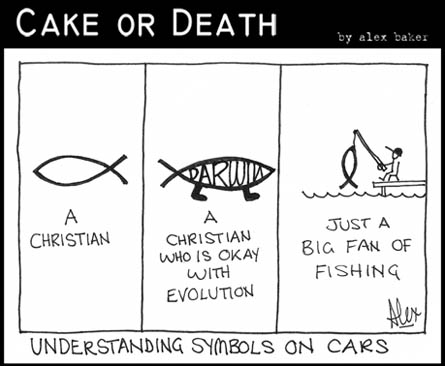Making an ass of myself
While Poemen was living in community, he heard of Nesteros and wanted to see him. So he sent a message to his abbot to ask him to let Nesteros come to see him, but the abbot did not want to and refused.
A few days afterwards the steward of the monastery asked the abbot to let him go and see Poemen, so that he could tell him his thoughts. When the abbot was giving him leave, he said to him, “Take with you the brother Nesteros whom the hermit asked me to send. I did not dare to let him go alone, and have put off sending him until now.”
When the steward reached the hermit, he talked to him about his thoughts, and the hermit healed his mind by his answers. Then Poemen turned to the brother and said, “Nesteros, how is it that you have the strength, if there is trouble in the monastery, not to say anything but remain at peace?”
The brother had to be pressed by him for an answer. In the end he said, “It is like this, abba. When I first entered the community, I said to my soul, You and the donkey must be alike. The donkey says nothing when he is beaten. That is what you must do, as you read in the psalm, “I am become as a beast before thee, yet I am always with thee: (Psalm 73:22-23).’
– De vitis Patrum, Sive Verba Seniorum, Liber V

